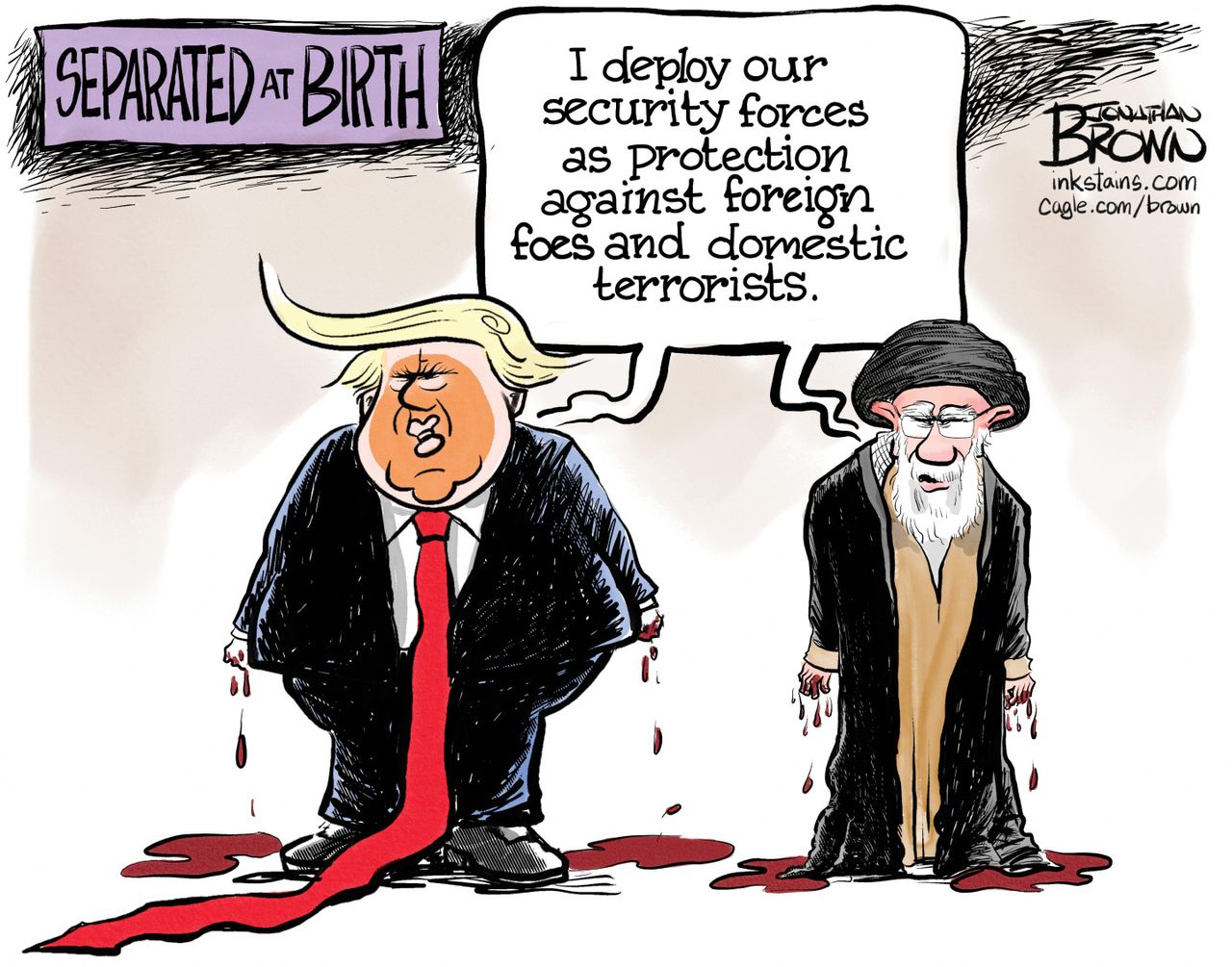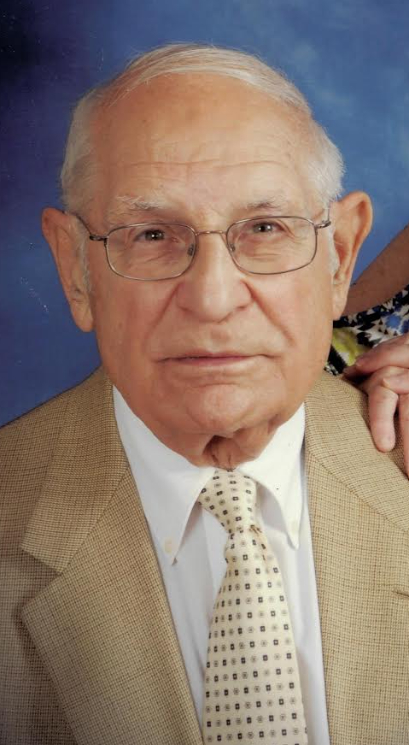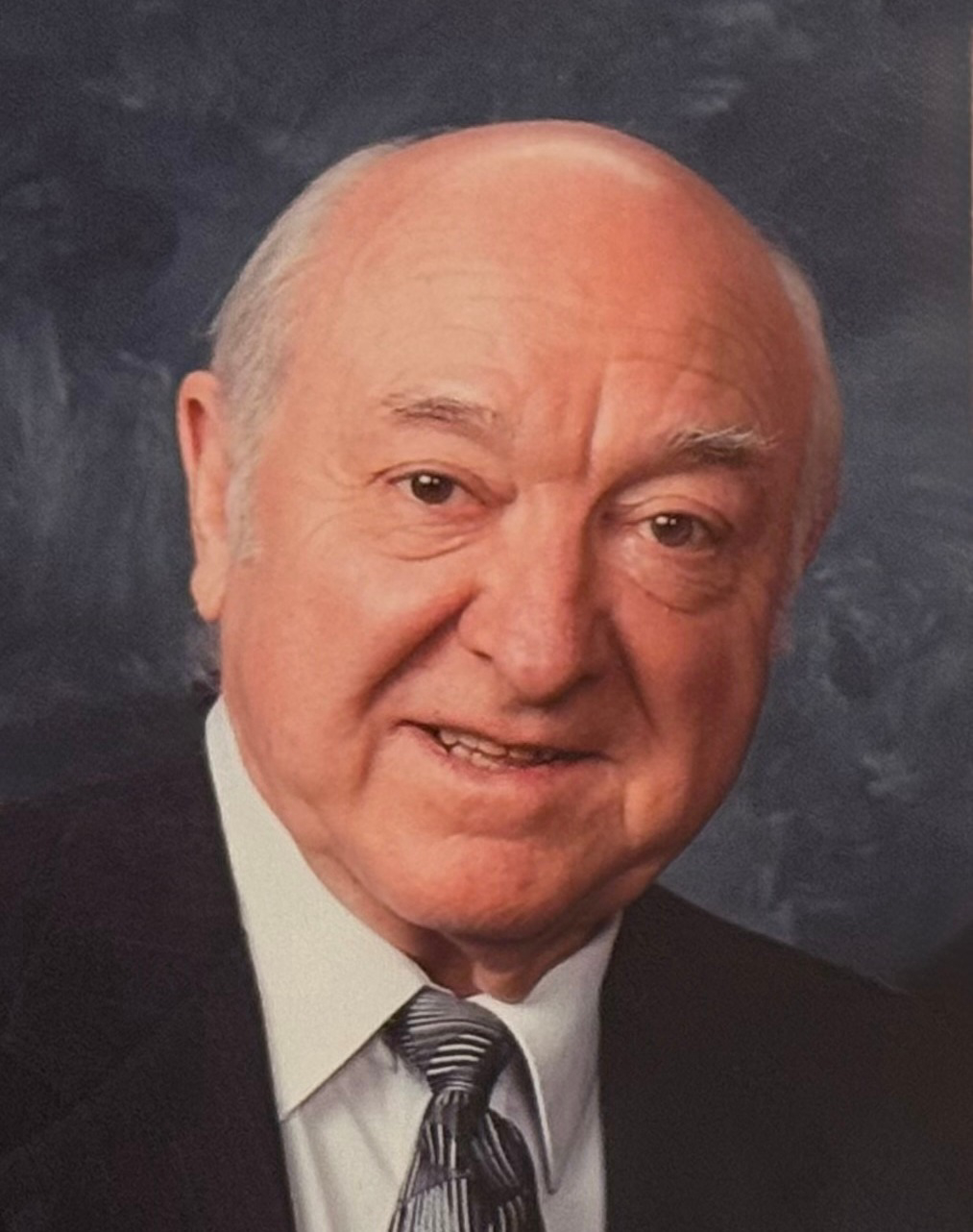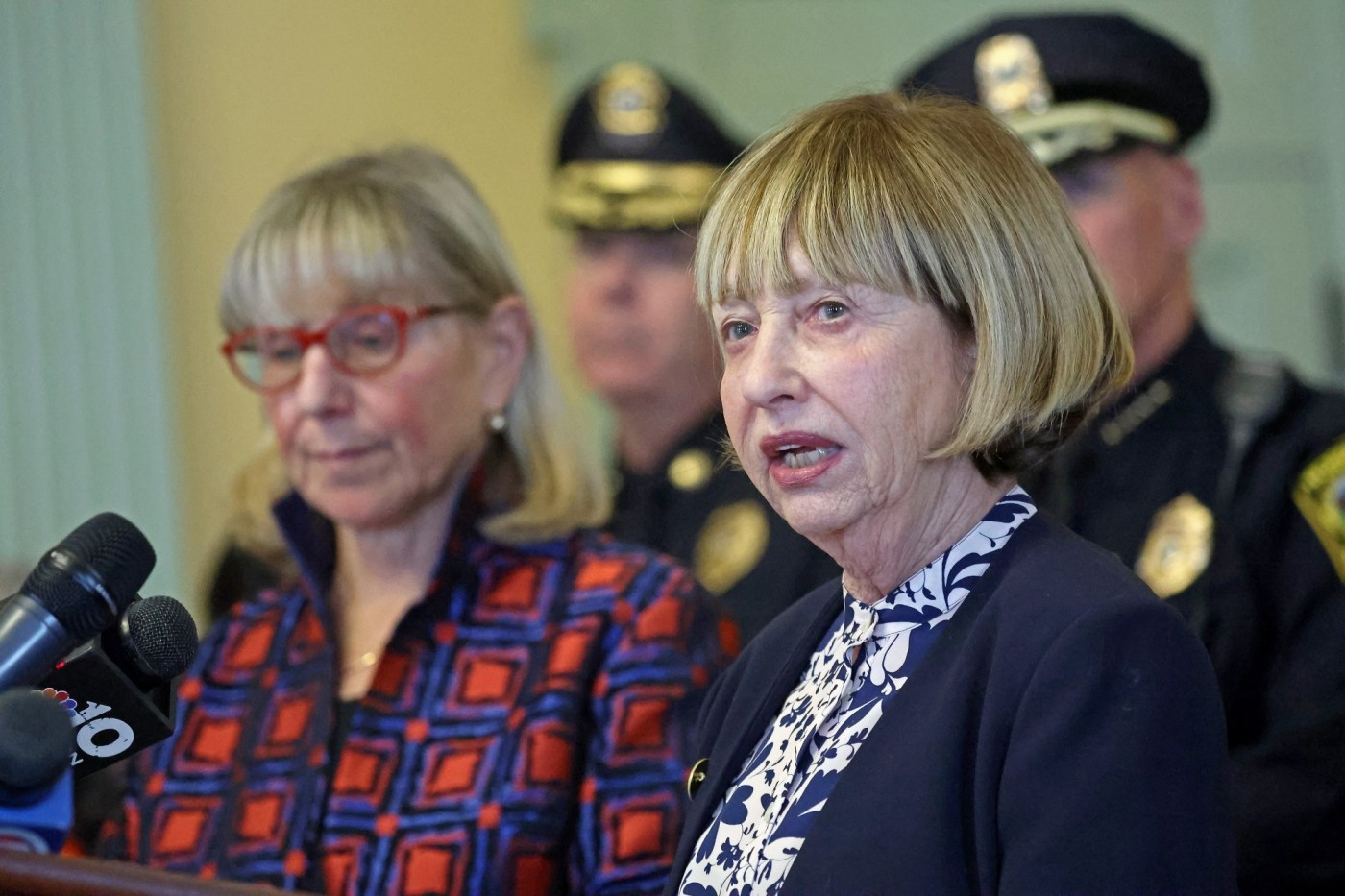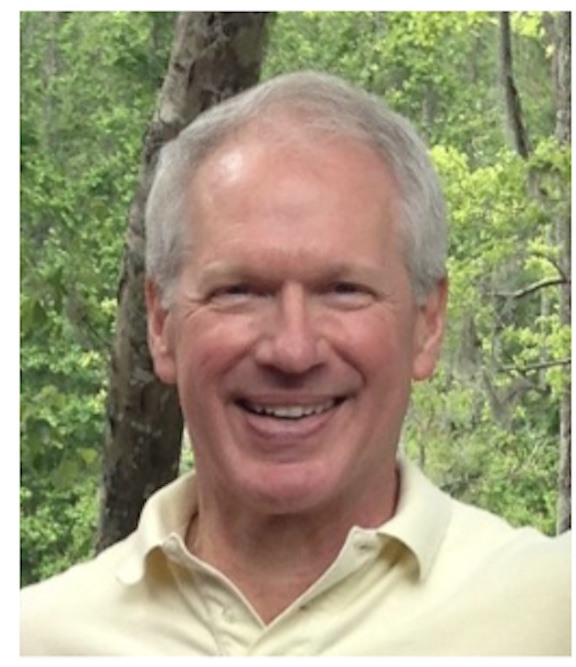
Screenshot
The race for the Republican nomination to challenge Democratic Senator Jon Ossoff in Georgia is intensifying as candidates ramp up their campaigns ahead of the upcoming election. With the third quarter Federal Election Commission (FEC) filings now available, the competition among Republican contenders is becoming clearer. The 2026 election could be pivotal for Georgia’s political landscape, making this primary race particularly significant.
Three main candidates are emerging: Rep. Buddy Carter, Rep. Mike Collins, and newcomer Derek Dooley, a former coach. Each candidate brings distinct strengths and weaknesses to the table, and the dynamics among them could shape the future of the Republican Party in Georgia. As it stands, there is growing concern that a fragmented GOP primary could weaken the party’s chances in the general election.
Through the first nine months of 2025, campaign finance data reveals both opportunities and challenges for the Republicans. According to the Associated Press, Carter reported approximately $3.6 million in receipts through June 30, which included a significant $2 million loan from his own funds. This situation raises questions about the level of grassroots support his campaign has garnered, as successful statewide bids typically rely on broad donor bases.
In contrast, Mike Collins, who has served two terms in Congress, reported raising $1.9 million by September 30, supplemented by funds from his House campaign and contributions from all 159 counties in Georgia. This brings his total fundraising to $2.9 million, with $2.4 million available in cash. Derek Dooley follows closely behind, having raised $1.85 million and holding about $1.7 million in cash on hand.
These financial figures indicate a competitive race among the candidates, though it appears that Carter’s early advantage may be bolstered more by personal financing than by widespread public enthusiasm. The fundraising landscape takes on added importance when viewed alongside recent polling data, which has shown a tightening race.
In early 2025, polls indicated that Ossoff held a comfortable lead over most Republican challengers, often by mid-to-high single digits. For example, a January poll by WPA Intelligence showed Ossoff with double-digit advantages over both Carter and Collins. However, by late summer, the dynamics shifted significantly. A September poll from Quantus Insights indicated that both Ossoff and Collins were tied at 38 percent, with Carter trailing closely at 37 percent. Dooley, conversely, remained further behind in most surveys.
This narrowing of the margin suggests that the Republican Party’s chances to reclaim the Senate seat are improving. As the race progresses, Ossoff’s lead has diminished, particularly as non-college-educated white voters and individuals from exurban areas increasingly lean toward Republican candidates. Democrats are maintaining their support from urban, younger, and Black voters, which has underscored the importance of consolidating Republican efforts.
Currently, Collins appears to be the only Republican candidate who has achieved parity with Ossoff in credible public polling. His rise in the polls reflects increased name recognition and a growing perception of electability among conservative voters. This development has provided Republican voters in Georgia with reasons for optimism, as Ossoff’s previously significant advantage has dwindled to the margins of error.
For the GOP to capitalize on this opportunity, party leaders, donors, and voters must unite behind a single viable candidate before the primary process unfolds further. Every dollar allocated to intraparty contention detracts from resources that could be devoted to defeating Ossoff. Similarly, any time spent on internal disputes reduces the chances of building a cohesive statewide coalition essential for success next November.
The current polling and financial landscape indicates that momentum is shifting toward Mike Collins. The pressing question for Georgia’s GOP electorate is whether they will act swiftly enough to recognize and respond to this evolving reality. The window of opportunity is open, but unity and focus will be critical in determining the outcome of this high-stakes race.
